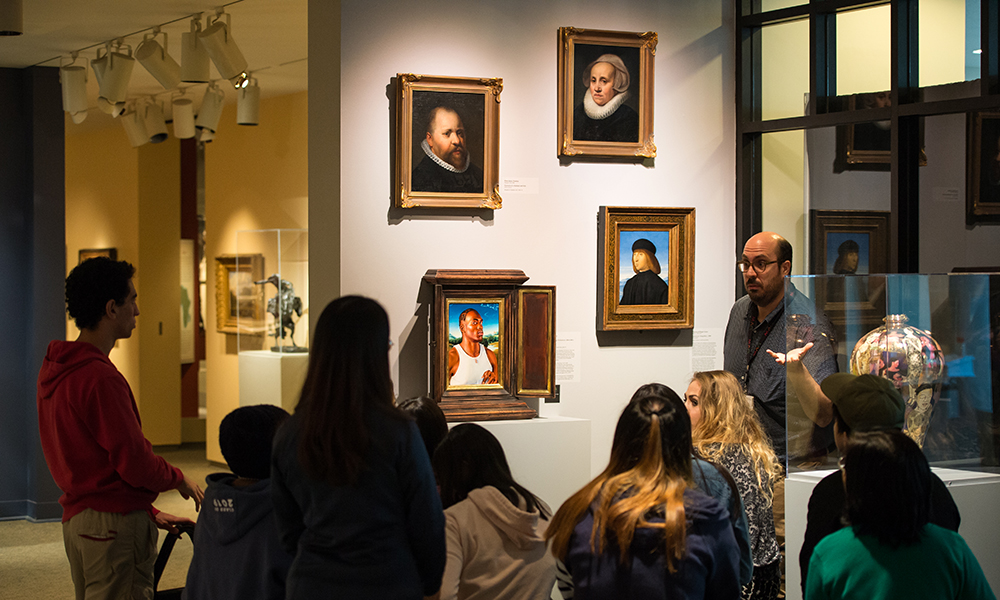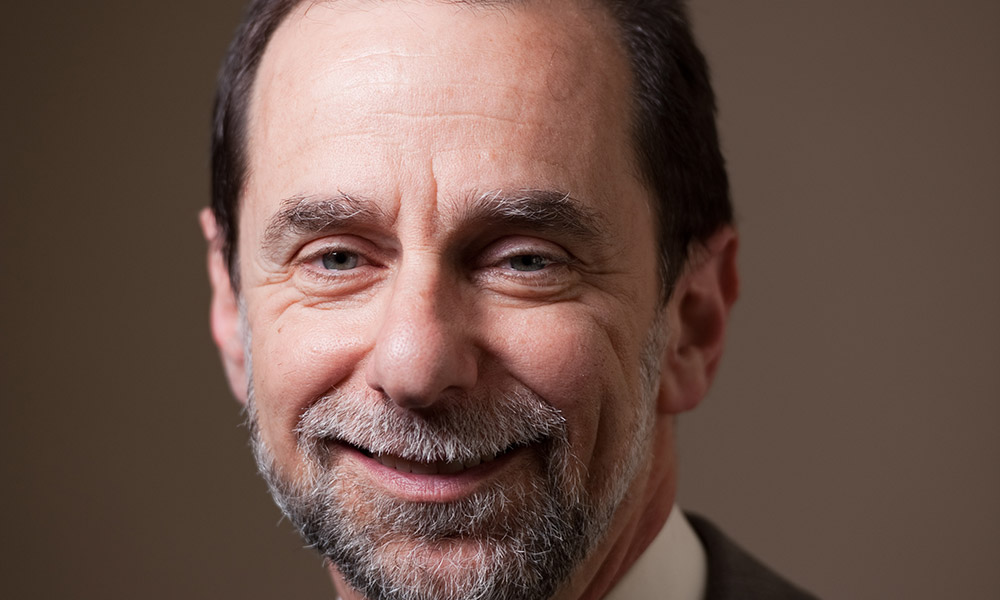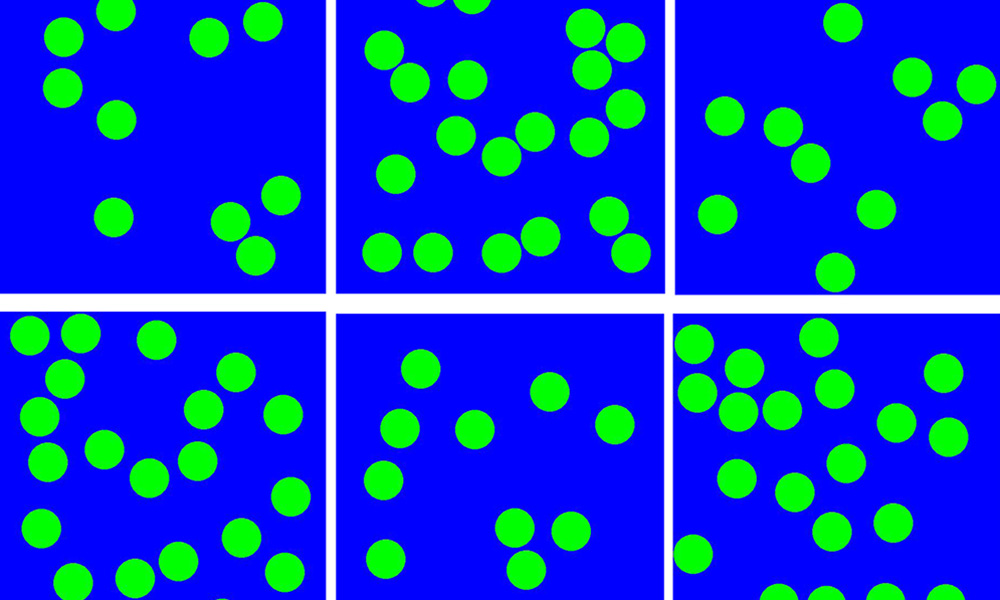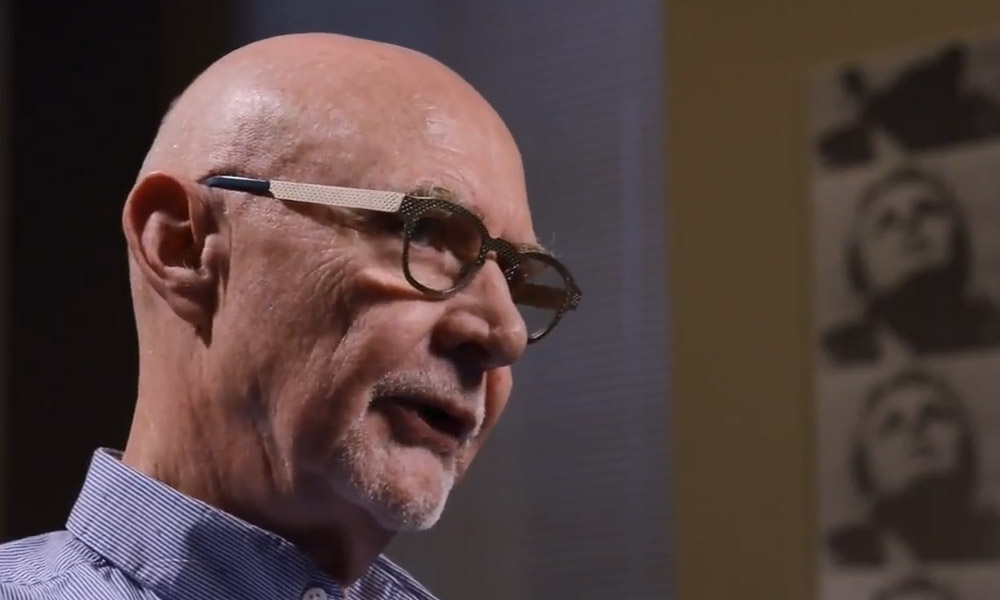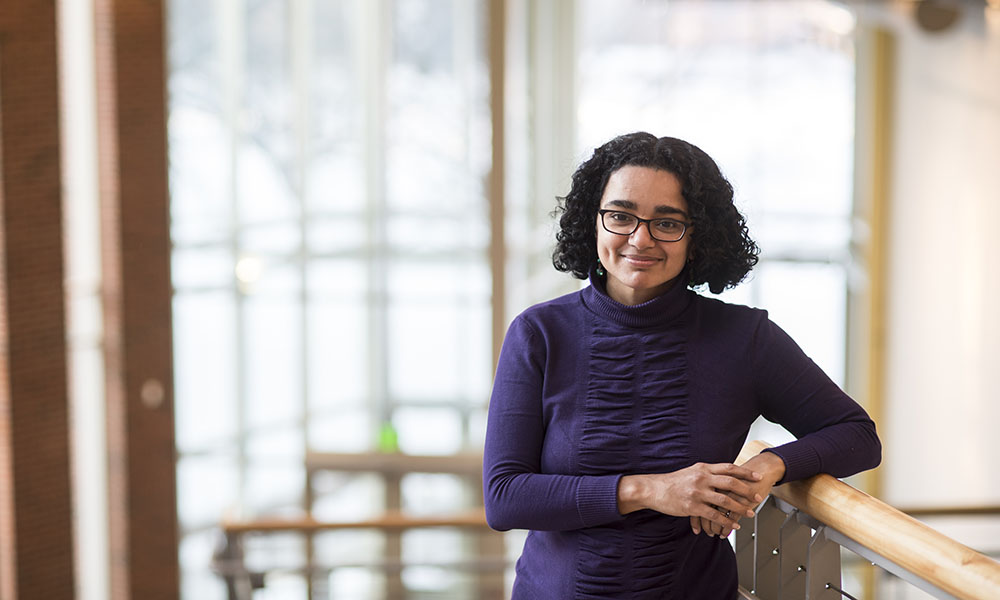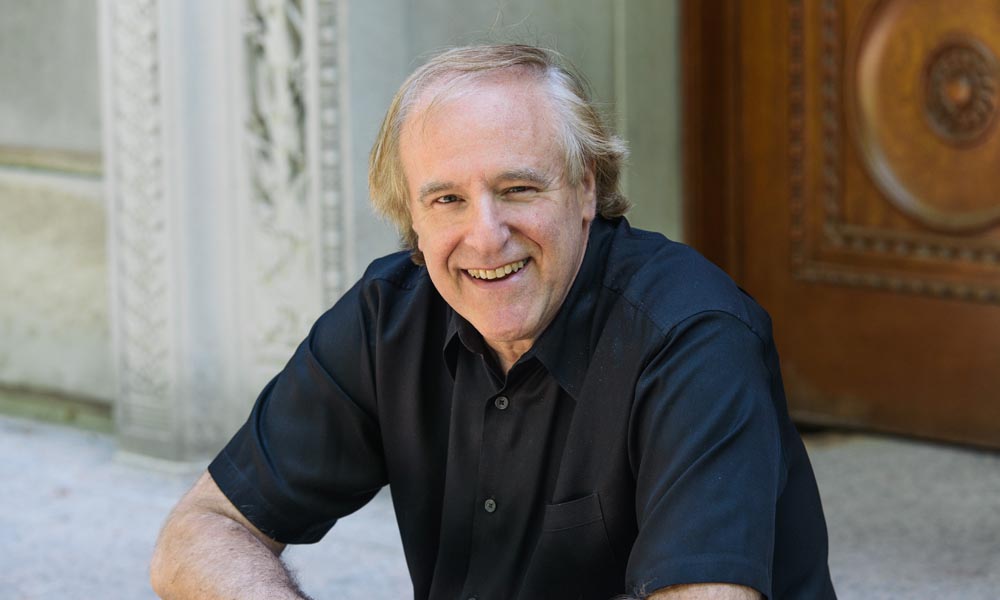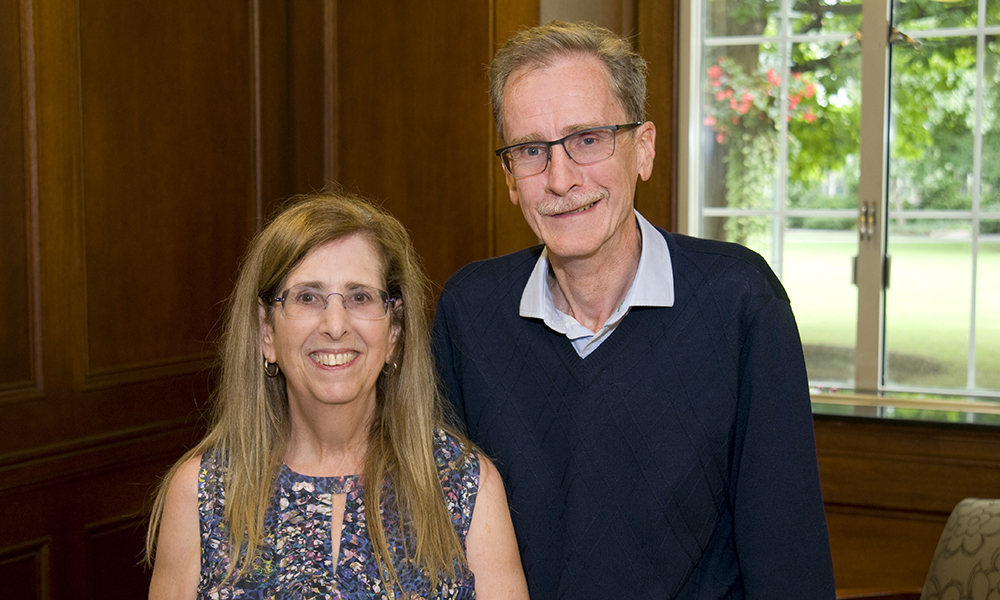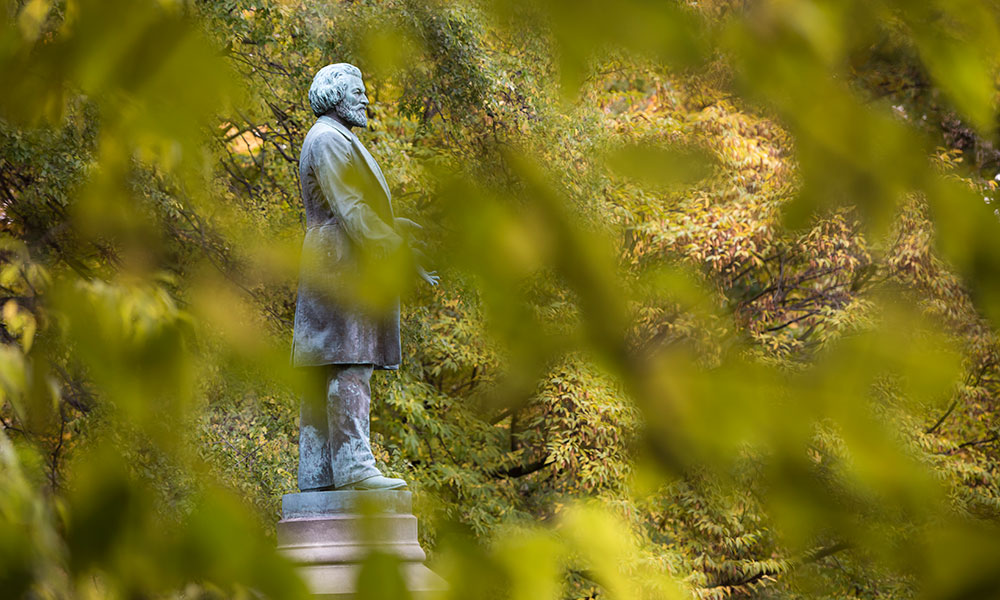
Society & Culture
Rochester’s Black community had a deep—and underrecognized—influence on Frederick Douglass
February 1, 2017
Douglass was profoundly influenced by the Rochester region. But the region’s role in shaping the abolitionist leader has not been fully appreciated, according to history professor Larry Hudson.

